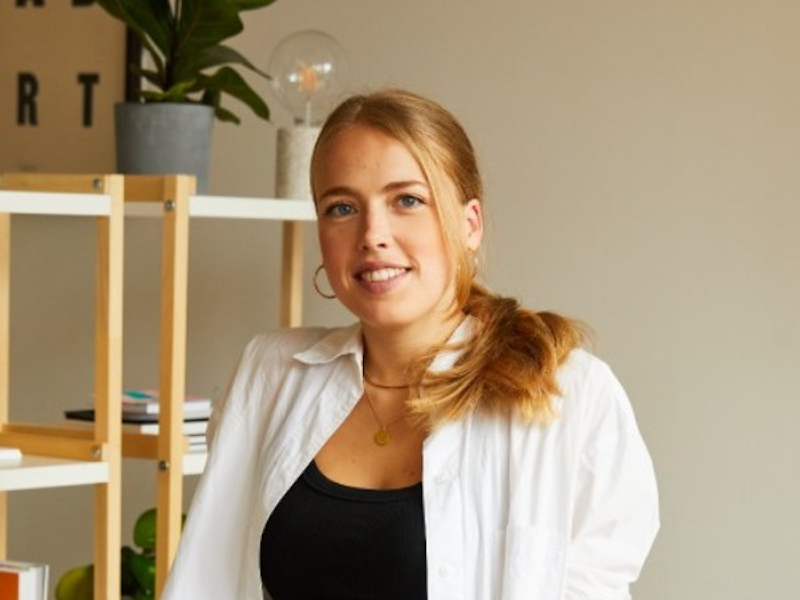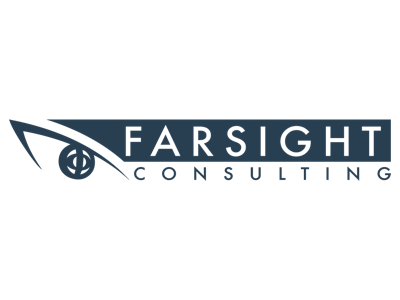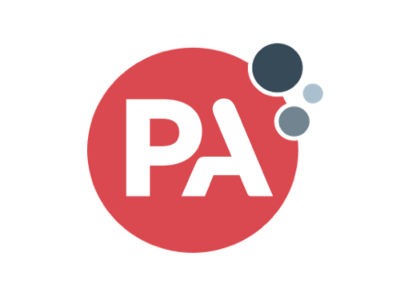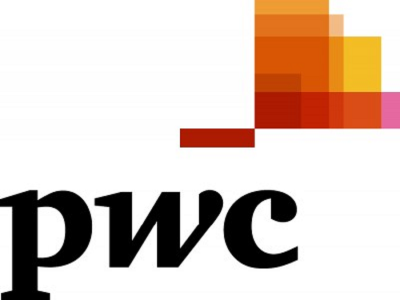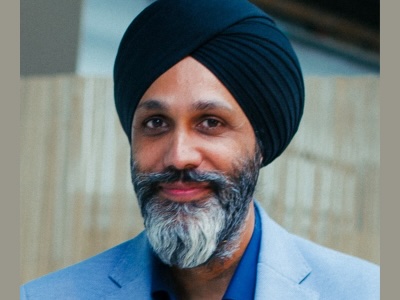 &Evolve (previously The Engagement Coach) was founded by Amrit Sandhar, who has worked with several well-known brands across the UK, to improve employee engagement/ experience, ultimately to improve organisational productivity.
&Evolve (previously The Engagement Coach) was founded by Amrit Sandhar, who has worked with several well-known brands across the UK, to improve employee engagement/ experience, ultimately to improve organisational productivity.
With a particular passion for neuroscience and psychology to drive behavioural change, combined with his experience in employee engagement, he uses a data-driven approach to identify the issues organisations are struggling with, and to work with them to create solutions leading to drive sustainable change. Amrit is a values-led individual who has a passion for developing people, as he believes highly engaged leaders drive better business performance by getting the best out of their colleagues.
Amrit originally started a career in healthcare as a qualified Pharmacist, and after spending several years in Operations, he went on to oversee half of the UK’s Pharmacy and Optical units for Walmart’s UK business, Asda. Having successfully worked in the healthcare sector, Amrit went on to head up Employee Engagement for Asda, before taking up a role with the prestigious Best Companies (the name behind The Sunday Times Best Companies list), working at boardroom level, helping organisations improve their employee engagement. Amrit is a qualified executive coach, a Walmart-accredited change trainer, and has a CIPD Advanced Diploma (Level 7) in HRM/HRD.
Amrit is a happily married father of three children and lives in Warwickshire. He studied at Liverpool John Moore’s University as a Pharmacist and has previously worked as a ‘Special’ Constable with Warwickshire Constabulary.
Tell us a bit about yourself, background and your current role:
I’m Amrit, the CEO and Founder of &Evolve Ltd, a small consultancy set up to help organisations improve the world of work for everyone, to drive better engagement and productivity.
I began my career as a Pharmacist, where I was first exposed to the hardships many people experience in life – not just restricted to their healthcare. While progressing through the various roles in Operations and People Management, I realised the critical role leaders and managers played in helping people be their best, and discover their passions at work. My experience of operational management, combined with my curiosity about how best to engage colleagues at work, led to my appointment to head up Employee Engagement for one of the big four supermarkets in the UK. I realised quickly how for so many leaders and managers, employee engagement was seen as an HR initiative, often getting in the way of work, as opposed to being used as a measure of the way we were working. This experience combined with the insights gained when working with Walmart when planning the global survey, led to me taking on the role of Senior Consultant and Head of Sales for Best Companies (at the time, the company which ran The Sunday Times Best Companies list).
I saw the value of engagement surveys but realised that everything was predicated on asking the right questions. How could we be sure we were asking the questions employees wanted to answer? How could we then help organisations to take steps to improve engagement? This was the stage in my life that led to the creation of The Engagement Coach Ltd, which last year, was rebranded to &Evolve.
At &Evolve (And Evolve Ltd), we make great efforts to understand the culture, identify the issues and help organisations to take action to drive impactful change. This is in the form of our Cultural Diagnostic, Values Alignment Index™ – a tool that measures the degree of alignment of human values across any organisation and teams, and our leadership & management development programmes.
Did you ever sit down and plan your career?
When I qualified as a Pharmacist, if someone had said that you would have a career in Operations, managing teams as an Area Manager, a Divisional Manager, and heading up UK Operations for healthcare, I would have laughed and wondered what they had been taking. Employee engagement wasn’t even a ‘thing’ when I started in my career – this concept didn’t exist. I would never have even known how to plan for the career I have had.
I was aware that throughout my career, I was consistently looking for my next challenge, having served 2-3 years in a role and once I was achieving the results I wanted. That ‘job for life’, was never me. I wanted to keep improving and progressing, and whilst I didn’t have a plan, I was very observant of what was going on around me, the trends and needs, and how the world of work was changing. This allowed me to take steps I could never have planned to take, and embrace new ideas. I found with each step, I felt I was getting closer to my purpose of helping people improve their world of work.
Have you faced any challenges along the way?
The obvious challenge I faced was whether those around me thought my face was a good fit, and then judging my abilities based on that. In the corporate world, people also get pigeonholed quickly, whether it’s their grade or their job role. It’s hard for those around them to see them as anything else, despite what else they may be capable of. It’s human nature to want stability, and identifying talented people within your team to progress and develop can do the opposite. I found myself at times being overlooked for any further development opportunities, so I had to create my own. I spent a lot of money investing in personal courses to develop myself further.
When I look back on my career, I realise that I have a deep passion for helping people. Initially, it was helping people improve their lives through their health, but then it became much more about helping people improve their lives through their work. Whilst I always had this deep desire, I ignored it out of fear. I didn’t know how to get to where I wanted to be. I didn’t want to leave the safety of employment, yet I knew I could offer so much more. I didn’t dare to follow my convictions until much later in my career. The biggest challenge was the voice in my head telling me that I wouldn’t be good enough, to play safe, and just go along with the way life was unfolding. It took so much courage and these were the hardest times for me – to maintain my resilience and stay true to what I was trying to achieve. My wife was a real tower of strength during those challenging times and has been throughout my life. Whilst I always would have pursued the path I did, her support accelerated that journey.
What has been your biggest achievement to date?
As a child, growing up, I was extremely shy, nervous, and lacked any self-esteem. I couldn’t see how I could add anything to the world, whilst I saw others loving life and embracing it with such vigour. At the age of 16, my friends and I joined a small Karate club, an experience which was to change my life. Within 6 months of joining, our instructor invited us to attend the National Championships. Completely misreading the situation, I began to train, thinking my instructor saw talent in me I wasn’t aware of. I went on to win the National Championships only to discover my instructor had only invited us as he thought we might like the experience. He didn’t think I was going to win. That day changed my whole belief system and what is possible when you believe in yourself.
What one thing do you believe has been a major factor in you achieving success?
I have often found myself questioning why people behave the way they do. I needed to know the mechanics of what was going on and why. It’s led me to look into research into human behaviour and understand some of the science of how we build relationships. I’ve also realised I have a love for data. This combination has allowed me to be curious and find answers to questions that have helped shape my work, allowing it to be as impactful as it can be. Having spent my career leading and managing teams, I can bring some of the academic insights to life in a way consultants, who may know many theories, but have never experienced how hard leading and managing teams, cannot. I guess, you could probably summarise this into one thing and that’s curiosity.
How do you feel about mentoring? Have you mentored anyone or are you someone’s mentee?
Mentoring is a really important part of developing others – those being mentored, as well as developing your personal skills of mentoring. Mentoring is all about using your experiences to help others find their path. I know how hard aspects of my career were, when I was starting, and when you don’t know what you don’t know, even taking that first step can feel huge. A great mentor can help clarify the path forward, accelerating someone’s development. Whilst I am a trained coach, I have also mentored people throughout my career. It’s extremely rewarding but it’s important to make sure you have the time to do this properly and know your limitations as a mentor.
What can businesses/government/allies do to help diversity and inclusion?
Unfortunately, diversity and inclusion in some areas are being seen as political correctness and ‘wokeness’. We need to take a step back and understand what we are trying to achieve through these initiatives. It’s about creating work environments where people from all walks of life, can feel a sense of belonging to give their very best, allowing organisations to attract a broader range of talent, and for products and services to be created to better serve the diverse populations that make up our customer bases.
Throughout our societies, we seem to be losing the art of debate, where we can be fascinated with the views and opinions of people who share a very different view from our own. Debate is what allows us to see different perspectives, explore new ideas and be open to new thinking. Organisations and governments need to help create a culture where curiosity is developed through constructive debate, where people aren’t branded as either wrong or right, but where we are fascinated with the views of others. Without having the ability to debate and explore views and opinions, we cannot see the merits of having diverse workplaces, where everyone can evolve together. Until we change mindsets to one where we look forward to what we can learn from one another, diversity and inclusion programmes will be seen as quotas and tick-boxing.
Why do you think it’s important for men to support gender equality in the workplace?
It often takes the actions of people in the majority or in power, to highlight how those in the minority, or those who lack a voice, are being treated. It’s the interventions of men that will help change the views of other men to create a more equal and equitable workplace. Women have been trying for decades, but until men stand up to men, little can change.
If you could give one piece of advice to your younger self what would it be?
Everyone is scared and no one has the monopoly on how things should be done, or what defines success for you. Knowing that, go out there and be unashamed, and don’t worry if things don’t work out. Life is a big experiment, where everyone is learning at their own pace. How will you know if you don’t do it? So go and do it!
What is your next challenge and what are you hoping to achieve in the future?
We have an amazing team at &Evolve, and I have seen each of them grow and develop to realise their full potential. My next challenge will be to refine our products and services, especially with the launch of our Values Alignment Index™, and focus on growing the business, expanding the range of clients we work with, and becoming a strong authority on creating amazing workplaces, where people and organisations really can thrive.





